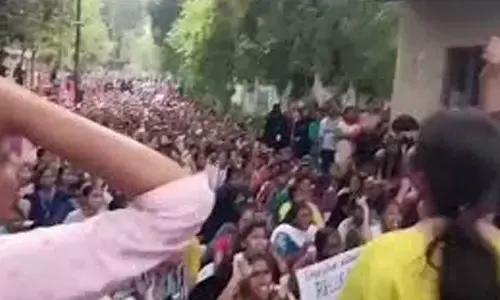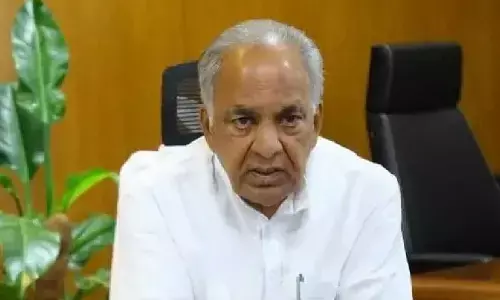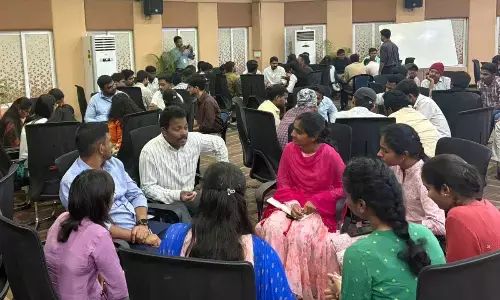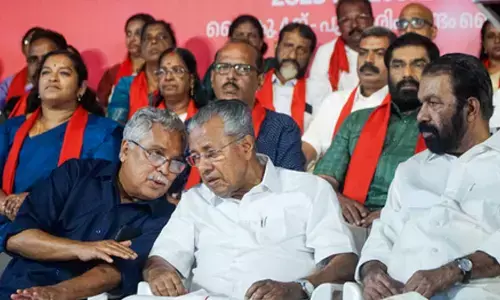Critical challenges to UN peacekeeping
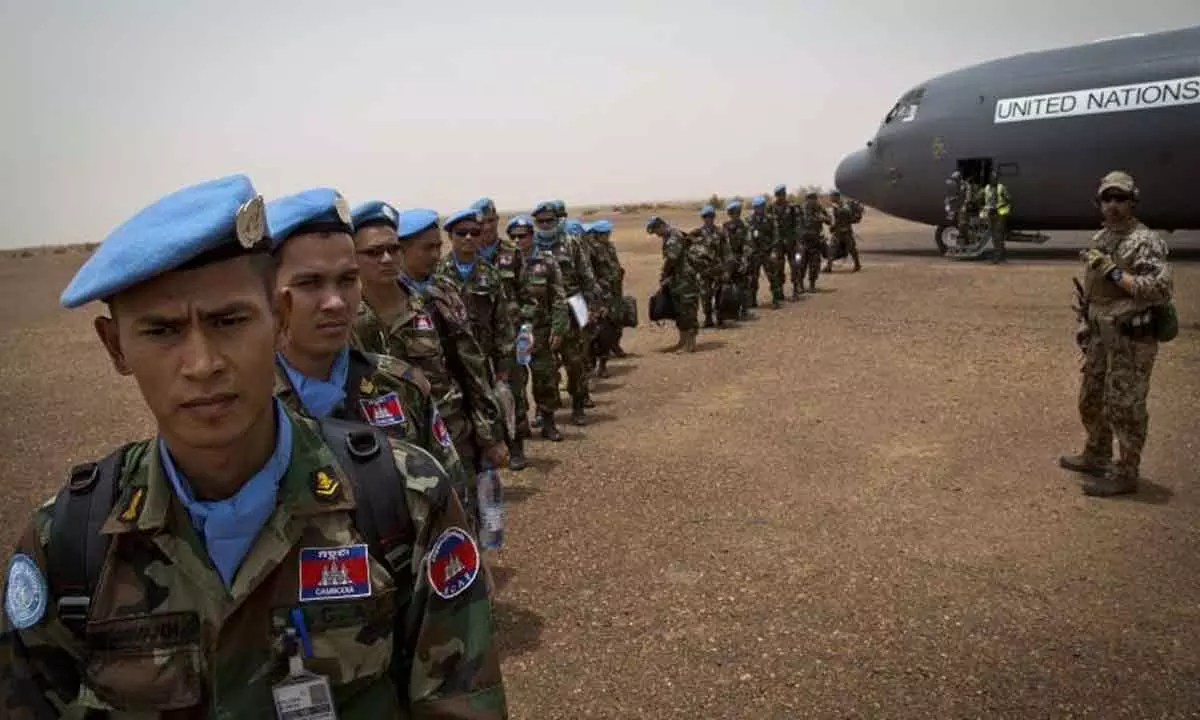
UN peacekeeping missions aim to build sustainable security and peace in countries affected by conflict.
UN peacekeeping missions aim to build sustainable security and peace in countries affected by conflict. They must also deal with the complex international politics, resourcing, and management of the mission itself. Since the end of the cold war, UN peacekeeping operations have been designed to bring wars to an early end, protect civilians, and actively support longer-term peace and security. This requires military action and diplomacy to help enforce peace agreements. Large military and police can be deployed to help protect civilians. Major programmes are often needed to address human needs, support the implementation of the peace agreement, and tackle the causes of conflict.
However, international support for UN peacekeeping is waning – and challenges, such as increased international tensions and critical scrutiny, are increasing. Protests against UN peacekeepers in the Democratic Republic of Congo (DRC) in recent weeks have resulted in violence and deaths. The experience of peace missions run between 1991 and 2011 showed that in order to have a good chance of success, they needed to address a wide range of issues in countries emerging from war.
In addition to military peacekeeping, reconstruction and humanitarian operations, UN missions have increasingly included other roles. These range from policing, justice and the demobilisation and disarmament of armed groups to establishing legitimate and stable post-conflict government and public services, refugee return, the protection and empowerment of women, and job creation. In the process, the UN moved from previous "peacekeeping" doctrines to more robust and comprehensive "peacebuilding" approaches. The decision to send a peacekeeping mission to a country is made by the UN Security Council, and the UN secretariat is then responsible for developing and implementing the detailed strategy for the mission.
They typically appoint thousands of staff to lead and manage the mission. Some are seconded from UN departments and agencies, but most are drawn from international rosters of specialists and consultants. UN member states are requested to contribute military and police personnel under UN command, for which they are paid from UN funds. This is a major source of income for the armed forces of several developing countries. Other interested states, such as the US, UK or France, may send their own separate armed forces. These forces support the UN mission objectives but are not under UN command.
Organisational challenges
UN and other international and local agencies establish projects and programmes to support the range of issues addressed by each mission. State governments and international NGOs similarly set up their own programmes. This can quickly add up to hundreds of organisations employing tens of thousands of expatriate staff and many more local staff – all more-or-less seeking to contribute to the UN mission, but with their own specific approaches and priorities. It is not surprising that UN coordination of this complex peacebuilding enterprise is often more an aspiration than a reality.
While a UN high representative is appointed to lead and co-ordinate each mission, in practice they are at best "first among equals" in a continuous process of negotiation and persuasion. Inconsistent and bad practices have arisen. There have been scandals where the UN missions appear to have not done enough on corruption. In other cases, UN military peacekeepers have not acted to protect civilians from violence, such as in South Sudan. UN and associated staff have also abused their positions to obtain sexual and other services, as is highlighted in this new Conversation report from DRC.
Reduced support
Since 2011, the international support for UN peacebuilding has weakened. Some influential states including India and China remain lukewarm about comprehensive UN peacebuilding approaches. Western support has also become more patchy, particularly after changes in US policy and funding under the Trump administration. In this context, efforts to recognise and address risks of bad or abusive practices in order to improve future UN peace missions can also be used to discredit the whole peacebuilding approach.
A return to more modest UN peacekeeping missions might seem politically and financially convenient. However, this would mean less attention on sustainable peacebuilding, human security, and the protection and empowerment of women, minorities and other vulnerable groups. These have been key parts of improving the effectiveness of UN peacebuilding over the last 30 years.
(Writer is Professor of International Security and Development, University of Bradford; Courtesy: The Conversation)



